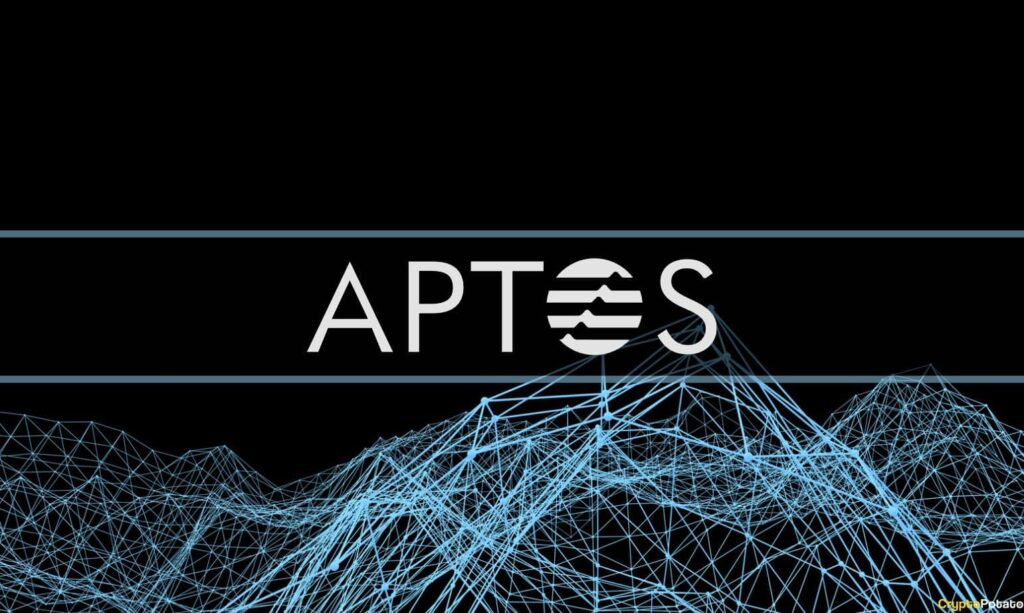In 2023, Gyeonggi Province, the most populous province in South Korea, collected millions of dollars from tax evaders by tracking their crypto assets on several centralized exchanges.
According to a report by local media Yonhap News Agency, the Gyeonggi Tax Justice Department accrued 6.2 billion won ($4.67 million) in undeclared taxes from evaders by using a special electronic management system that tracked the delinquents’ virtual assets.
Gyeonggi Collects $4.6M in Delinquent Taxes
Before the Gyeonggi government introduced the tracking software last year, the lists of the offenders were usually sent to crypto exchanges to check for membership registration on their platforms. The process would eventually be followed up with a seizure and sale of the delinquents’ crypto assets to pay the undeclared taxes.
Unfortunately, the manual process took roughly six months as the offenders’ official documents were exchanged individually.
The new management system has reduced the time of the process to approximately 15 days. Authorities use the resident registration numbers of delinquents to track their phone numbers on crypto exchanges. The software handles the tracking, seizure, and sale of assets and tax collection of the offenders once their details are entered into the system.
Using the new system, the Gyeonggi government has significantly improved the success rate of identifying delinquent membership registration on crypto exchanges.
Fostering Cooperation With Crypto Exchanges
Furthermore, the new system enabled the province to discover that roughly 5,910 people with unpaid taxes amounting to 3 million won ($2,200) each operated crypto wallets containing several assets, including bitcoin (BTC). Also, the government was able to collect 6.2 billion won ($4.67 million) from about 2,390 people.
“We will continue to take strong collection action against unscrupulous delinquents, such as those who say they have no money to pay taxes and trade virtual assets. We will do our best to protect honest taxpayers and realize fair taxation,” said Noh Seung-ho, head of the provincial tax department.
Due to the situation, Gyeonggi is looking to foster cooperation with crypto exchanges while seeking enforcement measures for platforms that refuse to comply with inquiries.
Meanwhile, South Korea’s ruling People Power Party is pushing to delay taxation on crypto investment gains by two years as there is no regulatory framework in place to ensure the availability of a solid tax base.


